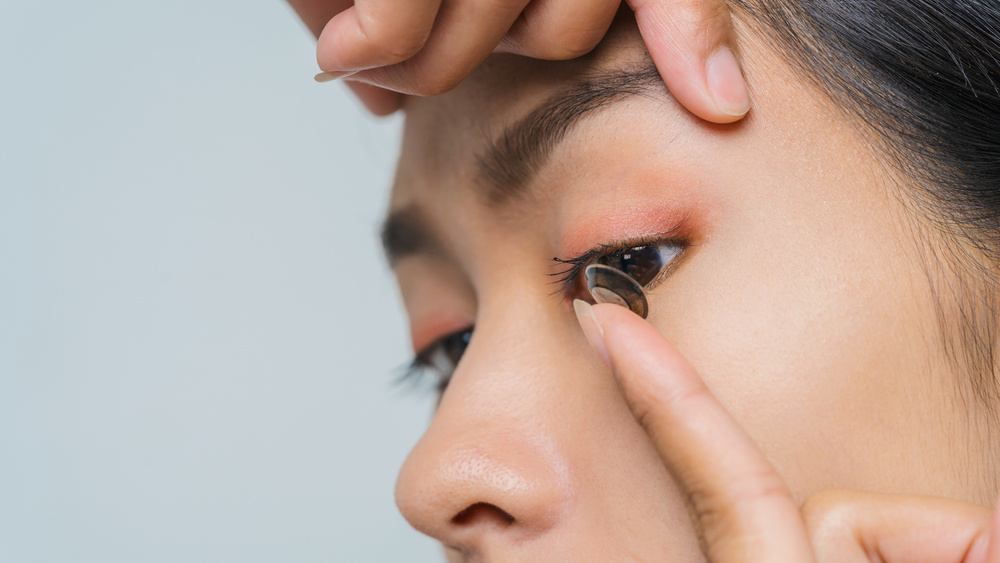
Contacts are a welcome alternative to glasses owing to their convenience and comfort. But what if you suffer from an eye condition that does not allow you to wear regular contacts? What options are available to you?
People with ocular conditions cannot wear regular contacts. Conditions like astigmatism and others require a unique approach. If you have any of these disorders, specialty contact lenses will cater to them. These specialty contact lenses help you see better and, at times, can treat the condition.
Types of Specialty Contact Lenses
Rigid Gas Permeable Contacts
These contact lenses are more rigid than regular soft contact lenses. They, however, allow a lot more oxygen to reach the cornea because they are made from silicone. They are usually easy to maintain and are more durable than their soft counterparts.
Bifocal Contact Lenses
These contact lenses have two different powers on one lens. They help people with both nearsightedness and farsightedness.
Monovision Lenses
For these lenses, you get one lens for distance vision and another for near vision. These lenses require a bit of time to get used to, and they also cause problems with depth perception.
Scleral Lenses
These lenses have a wide diameter than other contact lenses. Instead of sitting on the cornea, they sit on the eye's sclera.
Toric Lenses
These lenses have different powers in different meridians. They are thin at the top and thick at the bottom.
Conditions That Require Contact Lenses
Keratoconus
Keratoconus is a progressive eye disease where your cornea thins and bulges out simultaneously. Eye doctors can correct mild keratoconus with regular contacts and glasses. However, severe keratoconus needs specialty lenses. Scleral lenses are the most common treatment for this condition since they improve the wearer's vision.
Astigmatism
Astigmatism is a condition where the front of the cornea is shaped irregularly. Usually, optometrists recommend toric lenses to correct astigmatism. The toric lenses have different powers in different regions. They are also weighted at the bottom so that they do not rotate when you blink.
Since astigmatism varies with everyone, you will need to try a few times before finding the right fit. You will need an experienced eye doctor to fit these lenses.
Dry Eyes
Dry eyes make wearing contacts very uncomfortable because the tear film is insufficient. Thus, eye doctors recommend rigid gas permeable lenses. These lenses allow optimum oxygen to reach the cornea, which helps sustain the tear film. They also accommodate the tear film to circulate between them and the cornea.
Dry eyes can be treated using scleral lenses. These lenses hold a good amount of tear film underneath them.
Presbyopia
When you grow old, the eyes can develop the inability to focus on near objects. Most commonly, people require reading glasses to fix this problem. However, you can correct presbyopia using specialty contact lenses. Eye doctors usually recommend bifocal and monofocal lenses, depending on the eye condition.
For more on specialty contact lenses or to book a visit, call Van Alstyne Eye Care at (903) 482-0090 to reach our office in Van Alstyne, Texas.





